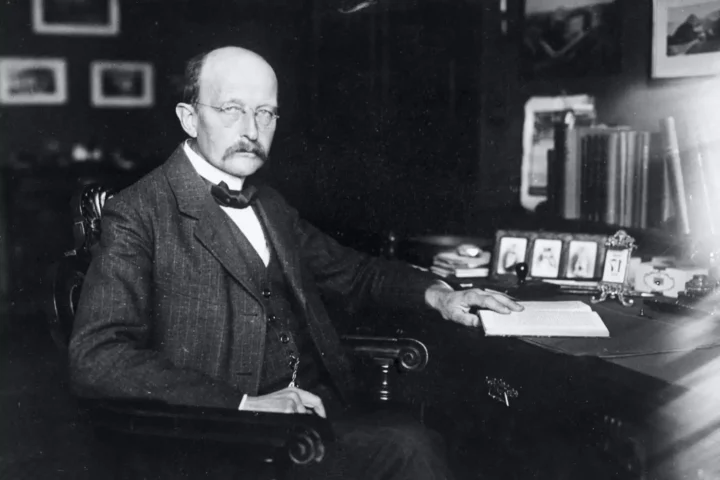Various studies show that coffee is good for health. Coffee may offer some protection against:
- Parkinson’s disease
- Type 2 diabetes
- Liver diseases, including cancer, binding free radicals
- Heart attack and stroke
Coffee improves liver function, has a stimulating effect on the body. Probably, you have noticed more than once that after a cup of coffee, working capacity improves and concentration of attention increases. With the help of coffee, you can even lose weight. But you should not drink it on an empty stomach, as this can cause stomach ulcers.
Any foods and vitamins should be consumed in moderation, including coffee. Especially given that coffee is addictive. For example, Balzac could not imagine life without coffee and drank up to 40 cups a day. Along with a gradual increase in the amount of coffee consumed, a person gets fatigued and nervous. The negative consequences include the fact that coffee prevents the body from absorbing calcium, and this increases bone fragility and damages teeth.
Blood Sugar & Pressure
There is a popular opinion that coffee significantly affects blood sugar levels. Well, this is not the case for young healthy adults. However, some changes in blood sugar and pressure caffeine do occur and you need to be aware of this:
- Blood Sugar: Moderate caffeine intake does not significantly affect blood sugar levels. However, caffeine can temporarily increase blood sugar by stimulating insulin release and increasing blood glucose. This usually only happens after consuming large doses of caffeine. But in diabetics, caffeine can interfere with insulin action. Some people with diabetes experience negative effects as early as 200mg of caffeine, which is equivalent to one to two 250ml cups of black coffee. Therefore, such people should limit their intake of coffee.
- Pressure: Caffeine can temporarily increase blood pressure by constricting blood vessels and stimulating heart activity. However, this effect is usually small and short-lived. For most people, consuming moderate amounts of caffeine (usually up to 400 mg per day, equivalent to about 4 cups of coffee) does not cause a significant increase in blood pressure.
It is also important to note that the effects of caffeine on blood sugar and blood pressure may differ depending on individual characteristics, lifestyle, and other factors.
And remember, quality coffee should only smell like coffee. If the smells of burning, mustiness, and foreign matter are mixed in, it means that the wrong roasting of the grains, followed by improper storage, is to blame. This coffee should not be consumed.




